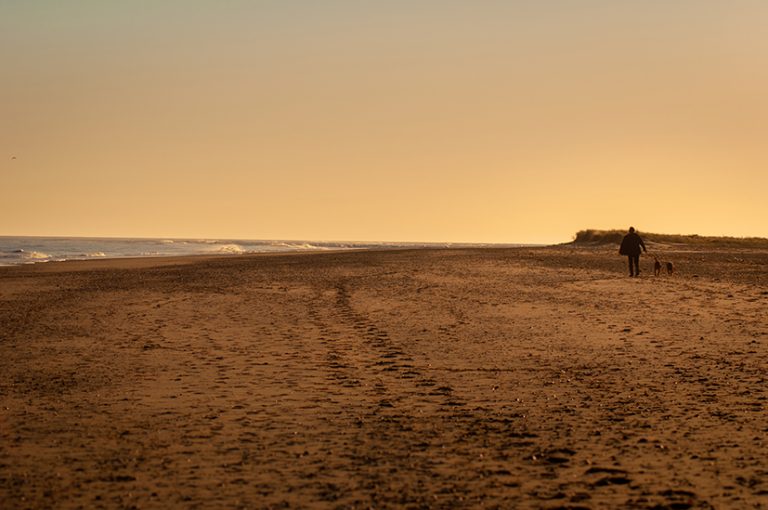Community and Deputy Mayor celebrate Neale Court’s refurbishment
Energy upgrades set to future-proof key North Lincolnshire venues
Three landmark venues in North Lincolnshire, Waters’ Edge Visitor Centre, Scunthorpe Central Library, and The Baths Hall, are set to undergo major energy efficiency upgrades, after the council secured funding through the Public Sector Decarbonisation Scheme.
The investment will target ageing heating systems and help cut carbon emissions from council buildings, which generated over 3,000 tonnes of CO₂ in 2023/24, mainly due to outdated gas, biomass, and oil-based heating.
Chosen for their high energy use and need for modernisation, the three sites will receive low-carbon system upgrades aimed at reducing operational costs and improving year-round comfort for users.
The upgrades align with North Lincolnshire Council’s broader Green Future strategy and reflect a push to make public buildings more sustainable and community-friendly.
Leisure centres were excluded from the funding due to national scheme criteria.
Image credit: North Lincolnshire CouncilLincoln named national leader in agri-tech innovation
Lincolnshire’s growing influence in the agri-tech space has earned a spot in the UK Government’s new Industrial Strategy, highlighting the region as a key player in the Advanced Manufacturing Sector. The strategy identifies high-growth sectors and clusters driving economic potential across the country.
At the centre of this recognition is the University of Lincoln, noted for its international work in agri-robotics, controlled environment farming, and commercialising agricultural research. Its Lincoln Institute for Agri-food Technology (LIAT) continues to play a leading role in shaping the future of farming through technology.
Earlier this year, the university’s Lincoln Agri-Robotics team won Best Research Project at the UKRI Trustworthy Autonomous Systems Hub 2025 AI and Robotics Research Awards. In addition, LIAT’s groundbreaking work was presented in Parliament, reinforcing the university’s role in national conversations on food security and innovation.
The university also collaborates with Cambridge and East Anglia universities through the LINCAM partnership, aiming to improve food systems and expand AI and robotics research across the region.
With the agri-food sector contributing £147 million to the UK economy and supporting over 30,000 jobs, Lincoln’s continued leadership in this field is both an academic and economic force, rooted in real-world impact.
Image credit: Stock.adobe.com/winexaGrimsby organisations invited to help shape town’s future
Reading Bingo launches at libraries this summer
- Cleethorpes Library – Tuesday 19th August
- Waltham Library – Wednesday 20th August
- Immingham Library – Tuesday 26th August
Free paint store opens in Tattershall
Lincolnshire’s push for sustainable living just got brighter with the launch of a new free paint store at the Tattershall Household Waste Recycling Centre. Open since 23 June 2025, it’s the third of its kind in the county under the Community RePaint initiative and sits beside the site’s Reuse Shop.
The scheme collects leftover paint that would otherwise be discarded and makes it freely available to residents. From revamping bedrooms to fuelling creative projects, locals can browse a rotating mix of colours and finishes depending on what’s been donated.
It’s a simple setup: just speak to a staff member to drop off unused paint or pick some up. The Reuse Shop next door also offers furniture, garden tools, and other household items looking for a second life.
Tattershall joins similar stores in Louth and Grantham, with more than 4,000 litres of paint already redistributed countywide. One of the first groups to benefit from the new location was Curo-lincs, a therapy farm that supports vulnerable people through nature and animal care.
The store is open Fridays to Tuesdays from 9am to 4pm. Community RePaint is a national network supported by Dulux, with over 80 schemes across the UK.
Image credit: Lincolnshire County CouncilCelebration of marine life and conservation comes to Sandilands
Flags to be raised at Lincolnshire hospitals to honour organ donors
Cash boost to help North Lincolnshire residents celebrate heritage and culture
Crowds flock to Skegness beach but leave litter behind
A wave of sunshine brought over 5,000 people to Skegness beach on the hottest and longest day of the year, leaving behind piles of rubbish that sparked concern from lifeguards and locals.
The RNLI reported unusually high visitor numbers more typical of peak August holidays, with lifeguards working flat out to ensure public safety. But alongside the crowds came a sharp rise in littering, including bottles, wrappers and even used disposable barbecues scattered across the sand and dunes.
Lifeguards warned that the discarded waste not only threatens wildlife and the environment but can also pose real dangers to people, ranging from cuts to burns. Overflowing bins and a lack of waste disposal options by the evening only added to the mess.
Council workers were quick to act, raking the beach clean the next morning. But the weekend scenes have reignited conversations about sustainable tourism and the need for shared responsibility among beachgoers.
With warmer weather and school holidays on the horizon, authorities are urging visitors to enjoy the coast, but leave only footprints behind.
Image credit: Stock.adobe.com/Steven F Granville











